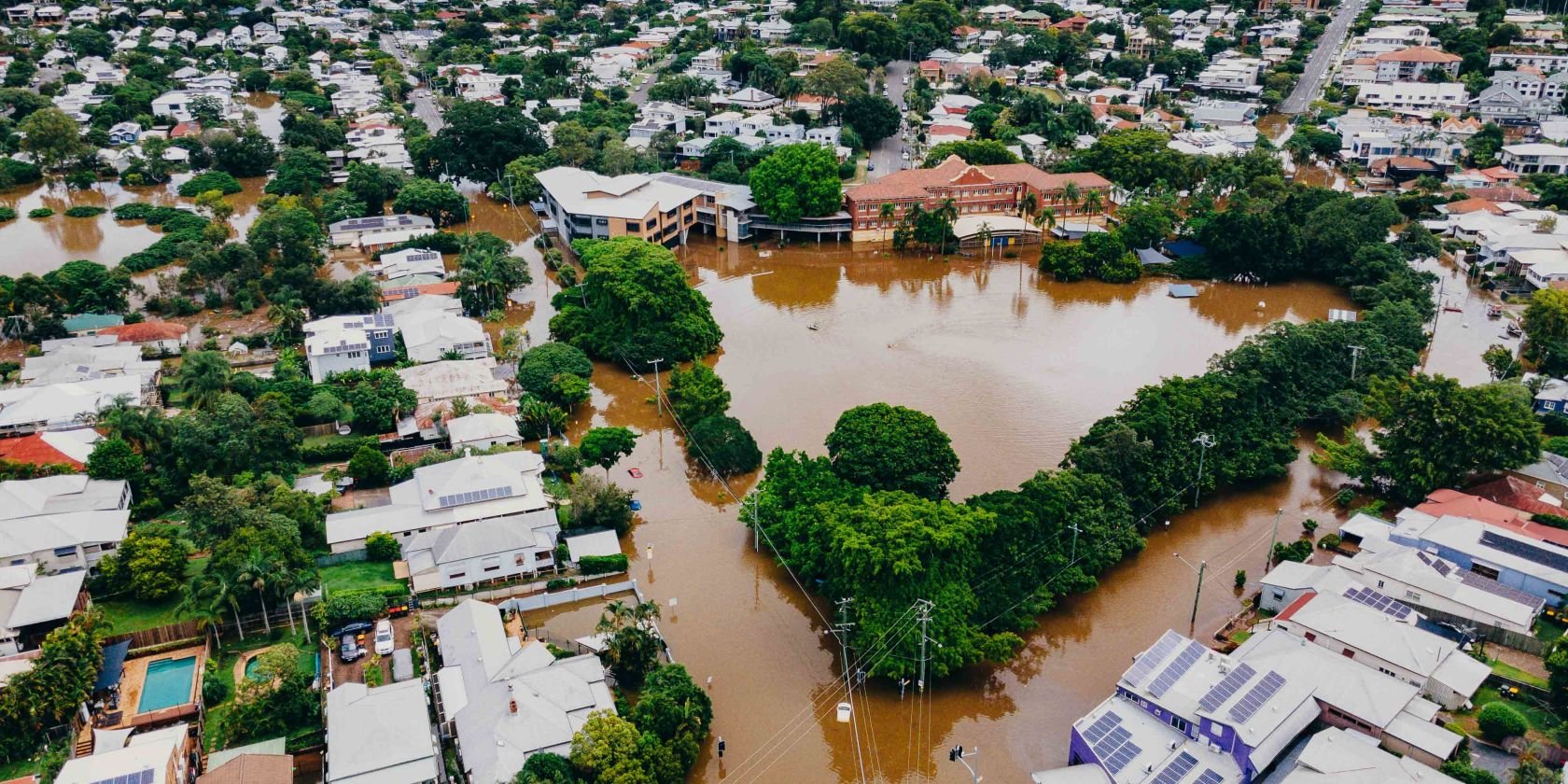Suncorp Group's opening statement to parliamentary flood inquiry
Today, Suncorp Group executives appeared before the parliamentary inquiry into insurers' responses to the 2022 major floods claims.
Share

Suncorp Group CEO Steve Johnston and CEO Consumer Insurance Lisa Harrison appeared before the parliamentary committee. The following is Group CEO Steve Johnston's opening statement:
Chair.
We appreciate the opportunity to appear before you and committee members today. I am Steve Johnston. I have worked at Suncorp for 18 years and was appointed CEO in September 2019.
I am joined by my colleague, Lisa Harrison, who is the CEO of Suncorp's Consumer Insurance business. Lisa is responsible for underwriting, pricing, product, distribution and claims for our home and motor portfolios and has worked at Suncorp for 19 years.
As Committee members may know, Suncorp is a financial services group headquartered in Queensland. Our portfolio has been simplified in recent years under a strategy designed to improve the way we deliver insurance and banking products to our approximately 9 million customers.
Consistent with this strategy, and to allow exclusive focus on the challenges facing the insurance industry, the Group is seeking to divest its banking operations to the ANZ banking group. These matters are currently before the Australian Competition Tribunal with determinations expected on 20 February.
In our insurance entities we operate under a multi-brand strategy and provide products to millions of Australians through our brands which include, Suncorp, GIO, AAMI, Terri Scheer, APIA, Shannons and Vero.
The Group is also the second largest general insurer in New Zealand, underwriting through the Vero and Vero Liability brands and via a 68 per cent ownership of an insurance Joint Venture with the NZAA motoring club.
2022 and the events that are the subject of this inquiry are not the first time we have seen the devastating power of nature.
I saw it play out soon after I joined the company in 2006 when Cyclone Larry smashed Innisfail in Far North Queensland.
Unfortunately, such events have been all too familiar in my time at Suncorp. I've seen the recovery efforts following cyclones, hailstorms, bushfires, floods and even the odd earthquake. In recent weeks, we have been called upon to support communities in the Far North, North and the south-east of Queensland and across regional New South Wales and Victoria as the unrelenting weather continues.
As CEO I've had the opportunity to engage with global reinsurers that support Suncorp's catastrophe program and underpin the viability of the Australian insurance market.
I've met with public policymakers at all levels of government to advocate for increased investment in resilience and mitigation infrastructure, part of Suncorp’s four-point plan for a more resilient Australia.
But most importantly, I've met with the people most affected by these disasters - our customers. It is a unique privilege afforded to me to meet with customers at their most vulnerable following a life-changing event and then return some months later to hand back the keys to their home.
I do recognise that we don't always get it right, that our communications can be deficient, and that, in a small number of cases, we don't properly identify vulnerabilities. In visiting communities, I have actively sought out those cases so that I see for myself where things have gone wrong and work with the team to improve. I've done this consistently during my time at Suncorp and as CEO I've visited many of the communities devastated by the 2022 events.
While collectively these events may be described as unprecedented, the insurance industry must learn and continually improve. For Suncorp, this means leveraging the investments we have made, investments we are looking to make subject to the Bank sale, and those we contemplate in the future.
There are also lessons for governments at all levels that the Committee, I’m sure, will reflect upon.
Australia's current built environment is a consequence of decades of poor planning, putting too many of our citizens in harm's way through no fault of their own.
Affordable insurance and the backstop of government have always been there to deal with the consequences.
The evolving risk appetite of global reinsurers and the recognition of a changing climate are challenging the status quo.
Put simply - as a nation we have just commenced what will be a long process of investing in mitigation initiatives that reduce risk and make Australia more resilient.
My colleagues and I are ready to support the Committee in whatever way we can, and we welcome your questions.



